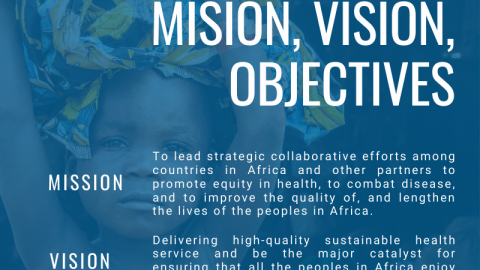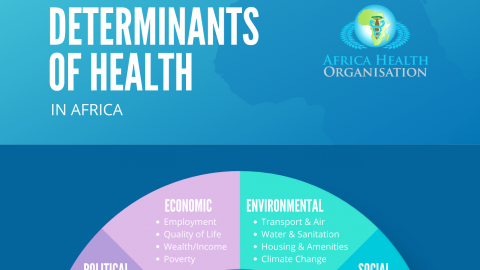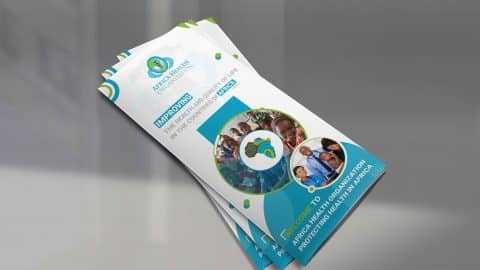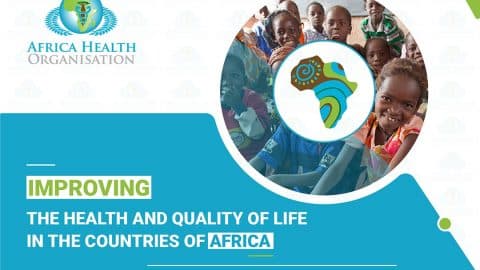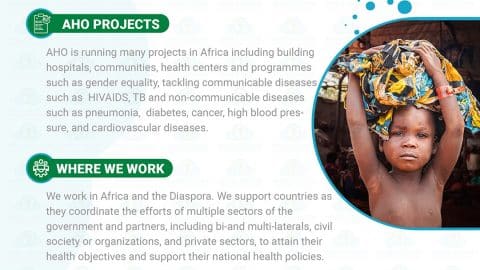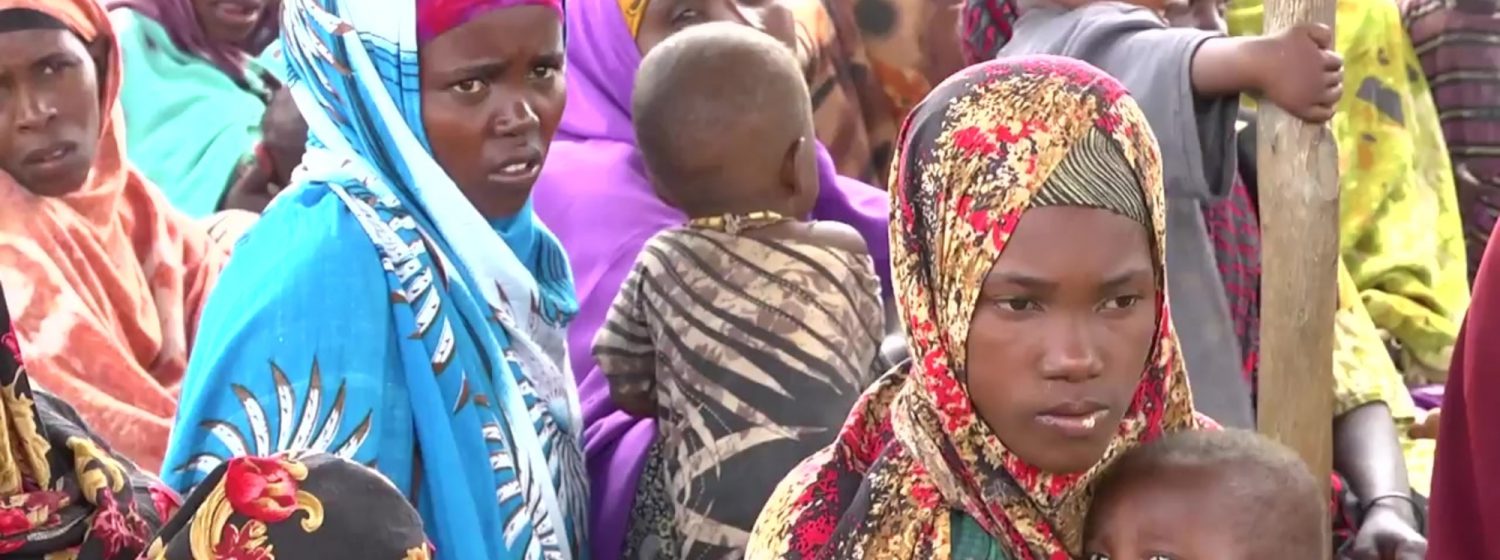
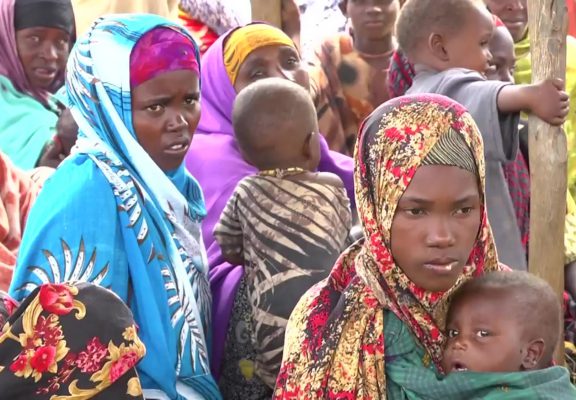
Africa Health Organisation (AHO) is an international health agency. It is the newest and most recently established international health agency covering the whole African continent and the diaspora.
It is an independent health agency run by the people for the people. It is part of the people system. AHO provides both technical cooperation and health service delivery.
Values
Excellence – Achieving the highest quality in what we do
Compassion – We show empathy and understanding, treating everyone with dignity and courtesy
Integrity – Assuring transparent, ethical, and accountable performance
Diversity – We appreciate and acknowledge our differences
Equality – Embracing the dignity and diversity of individuals, groups and countries
Vision
Our vision is delivering high quality sustainable health service and be the major catalyst for ensuring that all the peoples of Africa enjoy optimal health.
Mission
To lead strategic collaborative efforts among countries in Africa and other partners to promote equity in health, to combat disease, and to improve the quality of, and lengthen, the lives of the peoples of Africa
Aims
Our main aim is to help African people attaining and maintaining optimum health and quality of life.
Strategic Objectives
Our strategic objectives are:
- To combat Communicable Diseases
- To tackle Noncommunicable Diseases
- To address Determinants of Health and Risk Factors
- To modernise Health System and Health Service
- To improve Preparedness, Surveillance and Response
- To provide High-Quality care for all
- To improve Nutrition, Food safety, and Sood security
- To build a Skilled Health Workforce
- To improve access to Medical Products and Technology
- To develop Good Governance and Corporate Services
What we do
Our primary role is to direct and coordinate international health in Africa. These are our main areas of work:
- Modernising and developing health systems in Africa
- Promoting health through the life-course
- Combating communicable diseases
- Tackling non communicable diseases
- Addressing determinants of health
- Delivering health services
- Leading disaster preparedness, surveillance and response
Sustainable Development Goals (SDGs)
AHO believes in Sustainable Development Goals (SDGs), the Global Goals. Its work is guided by the SDGs. Our organisation is aligned with the SDGs. Our Strategic Plan 2020-2025 was born out of the SDGs. The Sustainable Development Goals are the blueprint to achieve a better and more sustainable future for all. They address the global challenges we face, including poverty, inequality, climate change, environmental degradation, peace and justice.
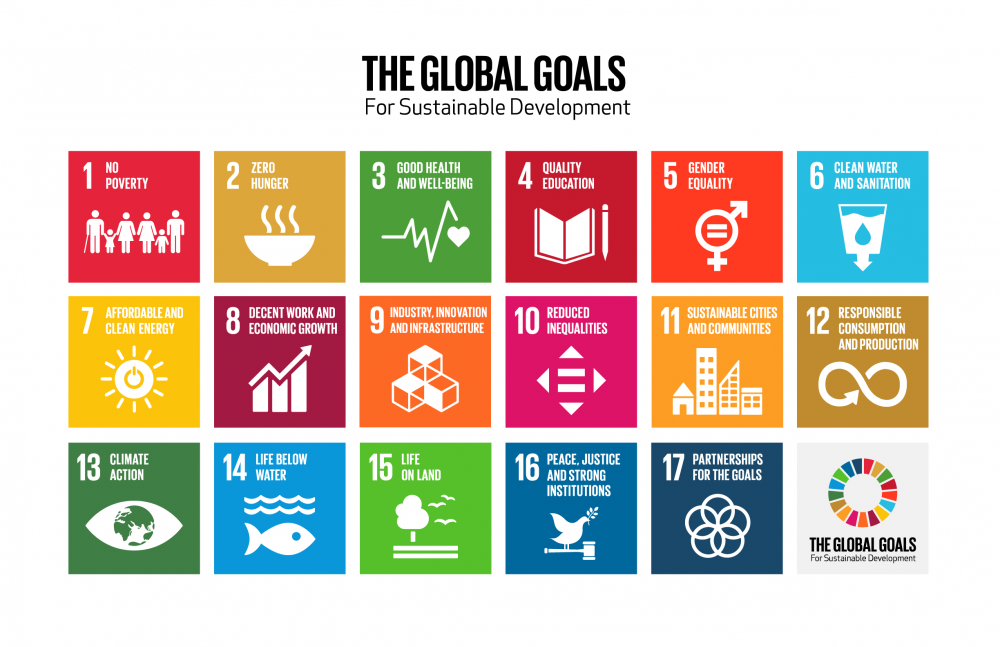
How we began, History of AHO
Africa Health Organisation (AHO) was founded in 1999 in Harare Zimbabwe by Graciano Masauso, following dialysis in Harare from 1997 to 1999 and his kidney transplant in Johannesburg in South Africa in 1999. Graciano’s personal experience of Chronic Kidney Failure, shortage of dialysis and the painful journey to kidney transplant inspired him to set up an organisation that would meet the needs of ordinary people. While on dialysis, Graciano realised that health was a privilege of the rich and a doom for the poor as many people who did not afford dialysis died without help and support.
History stages
1996 – Graciano Masauso diagnosed with Kidney Failure and starts dialysis in Harare, Zimbabwe
1999 – Graciano undergo kidney transplant at Garden City Hospital in Johannesburg, South Africa
1999 – Graciano presented proposal at University of Zimbabwe Medical School
2000 – Presentation of proposal at Garden City Hospital in South Africa
2000 – Presentations in Hanover, Bonn, Hamburg, Munster and Berlin in German
2001 – Graciano moved to UK to study MBA at Kent Business School, University of Kent
2005 – AFREKID founded in UK to be the forerunner of AHO
2009 – AHO registered in England and Scotland as subsidiaries
2016 – AHO registered as an international health agency in UK
2020 – AHO registered in Zambia as an international health agency
2021 – AHO registered in Zimbabwe as an international health agency
=-=-=-=-==-=-=-=-=-=-=-=-=-=-=-=-=-=-=-=-=-=-=-=-=-=-=-=-=-=-=-=-=-=-=-=
Governing Bodies
Health Congress
The Health Congress is the supreme governing authority of the Organisation and meets every five years to determine its general policies. The Congress also serves as a forum for the interchange of information and ideas relating to the prevention of disease; the preservation, promotion and restoration of mental and physical health; and the advancement of socio-medical measures and facilities for the prevention and treatment of physical and mental diseases in Africa.
Health Council
The Council meets once a year in those years when the Health Congress does not meet. It acts on behalf of the Congress between sessions of the Congress
Executive Board
The Executive Board is composed of nine Members of the Organisation from different states, elected by the Congress or the Council for overlapping periods of three years. The Board, which meets twice a year, acts as a working party of the Congress or Council. Special meetings are convoked by the Director of the Bureau either on his/her own initiative or upon request of at least three Members. The Board has an auxiliary advisory body, the Subcommittee on Programme, Budget, and Administration.
Sub Committee
The Subcommittee on Programme, Budget and Administration is an auxiliary advisory body of the Executive Board with responsibility for aspects of Programme, Budget and Administration. It reviews and as appropriate, makes recommendations to the Executive Board in these areas. The Subcommittee consists of seven Members, four of whom have terns of office running concurrently with those of their membership on the Executive Board and three designated annually by the Director of Bureau in consultation with the Director of the Executive Board in order to seek balanced and adequate geographical distribution. The Subcommittee holds at least one public session a year on dates to be decided by the Executive Committee.
=-=-=-=-=-=-=-=-=-=-=-=-=-=-=-=-=-=-=-=-=-=-=-=-=-=-=-=-=-=-=-=
AHO People: Patron, Goodwill Ambassadors, Board of Trustees, Staff and Volunteers
AHO People comprises of the Patron, Goodwill Ambassadors, Board of Trustees, Staff and Volunteers:
Patron
Patrons are normally well-known and respected such as celebrities and royals. They can therefore help lend credibility to the organisation or help you to get noticed, through the media.
Goodwill Ambassadors and Advocates
A goodwill ambassador is a person who advocates for a specific cause of AHO on the basis of their notability. Goodwill ambassadors generally deliver goodwill or promote ideals from AHO to others or to a population.
Board of Trustees
A board of trustees is an appointed or elected group of individuals that has overall responsibility for the management of an organization. It is the governing body of the organisation and seeks to ensure the best interest of stakeholders in all types of management decisions.
The Team: Staff and Volunteers
AHO Director runs the organisation developing a vision and strategic plan to guide the organisation. AHO staff support the director and the profiles below aims to give you an insight into the way the organisation works, day by day, to improve the lives of people in Africa.
Click here to view AHO People >>>
=-=-=-=-=-=-=-=-=–=-=-=-=-=-=-=-=-=-=-=-=-=-=-=-=-=-=-=-=
AHO Basic Documents
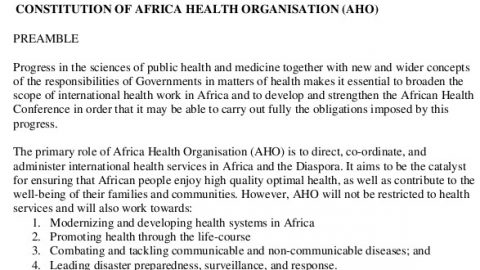
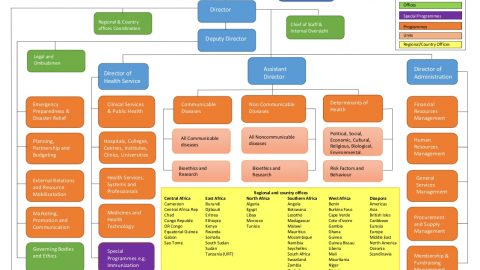
AHO Organogram
AHO Organisational structure or chart defines how activities are directed toward the achievement of its aims
Download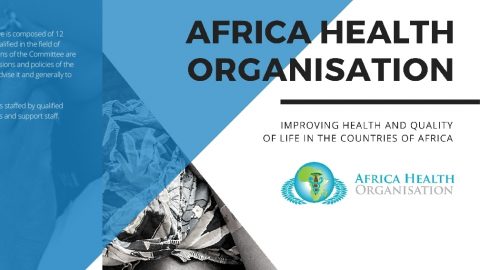
AHO Flyer Sep 2020
The flyer contains a snap shot of who we are, what we do, values, mission and vision
Download